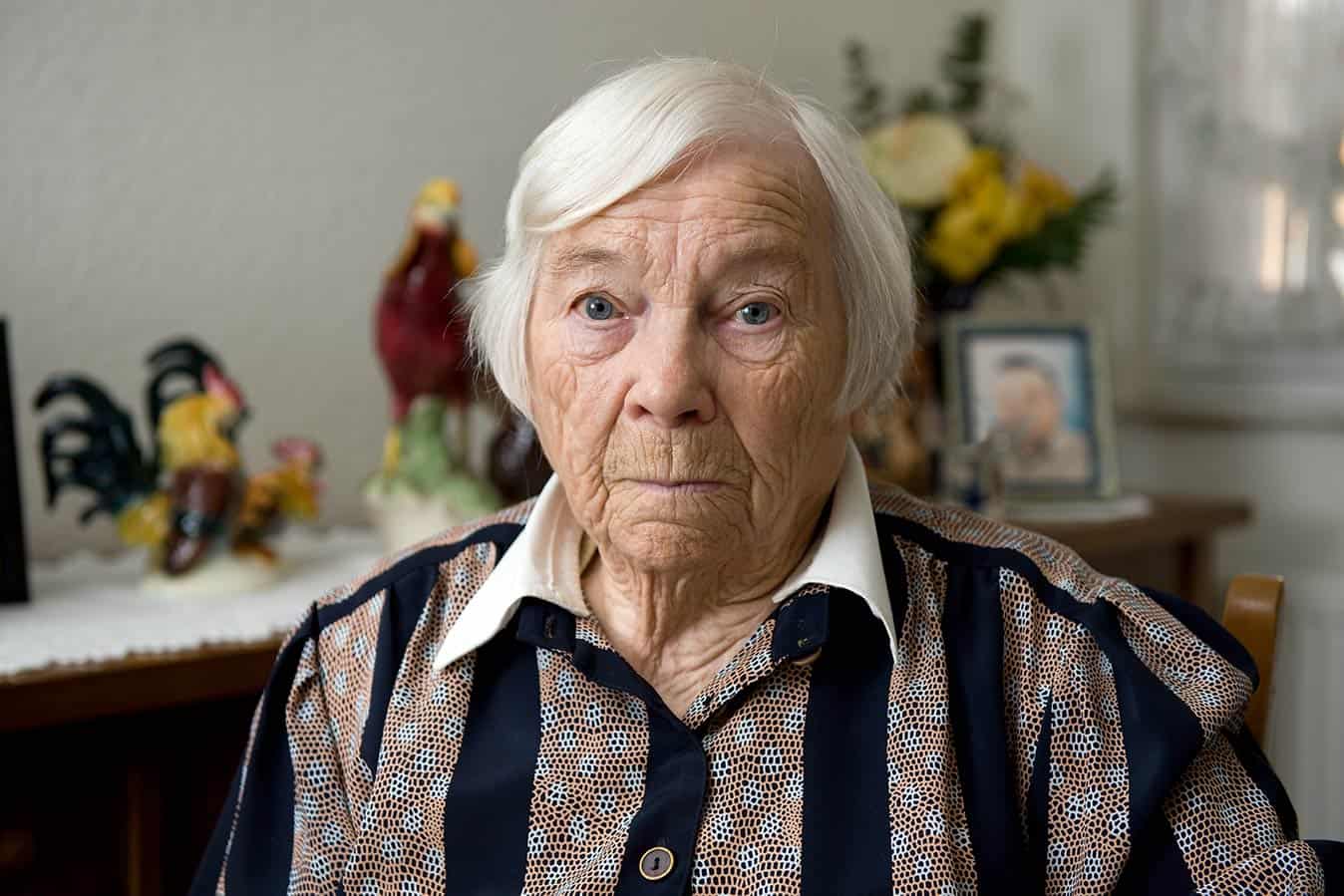The Australian Nursing and Midwifery Federation (ANMF) launched a national campaign seeking mandated staff ratios for aged care on 12 May, International Nurses’ Day.
Around the country, ANMF members and aged care reform advocates stood united at community rallies aiming to put pressure on federal politicians to address chronic understaffing by supporting legislated ratios and guaranteeing elderly nursing home residents receive proper care.
The ‘More Staff For Aged Care’ campaign is underpinned by the accounts of real people involved in the aged care sector revealing how dangerous levels of understaffing is putting the lives of vulnerable residents at risk.
Voices include a registered nurse (RN), an assistant in nursing (AIN), the relative of a nursing home resident, a doctor working in the aged care system, a community supporter and a nursing home resident.
“I feel like sometimes I am on a production line, you don’t get enough time to properly care for residents,” says AIN Julie in one of the campaign’s advertisements.
ANMF A/Federal Secretary Annie Butler says the campaign is calling on federal politicians to introduce mandated aged care ratios so providers become accountable for the billions in funding they receive from taxpayers.
“Understaffing often means just one registered nurse has to manage the care of over 100 residents on a night shift or that a single carer has to feed, bathe, dress and mobiles 16 residents in under an hour,” Ms Butler explained.
Australia’s aged care crisis traces back to the Aged Care Act 1997, which failed to set minimum staffing standards for government funded residential aged care facilities and only states that the amount of care staff should be ‘adequate’ to meet assessed care needs.
Mounting evidence shows the grey area has evidently allowed aged care providers to place profit ahead of care.
A report released earlier this year showed some nursing homes were spending as little as $6 per day to feed each resident three meals per day.
A study commissioned by the ANMF, National Aged Care Staffing and Skills Mix Project, found aged care residents should receive about 4 hours and 18 minutes of care per day – almost double the 2.84 hours of care they actually get.
It concluded the minimum skills mix required to ensure safe residential care should comprise Registered Nurses (RNs) 30%, Enrolled Nurses (ENs) 20% and Personal Care Workers (PCWs) or Assistants in Nursing (AINs) 50%.
Campaign voice Margaret Zanghi, president of the NSW-based Quality Aged Care Action Group (QACAG), described putting her late husband Ramiro into aged care as heartbreaking.
“There’s a feeling of guilt. You feel dreadful. You feel like you’ve given up. But you know that you have done the right thing because you hang on for a long time but other people and professionals have said ‘you can’t keep doing this’.”
RN Cherise, also part of the campaign, says she chose to speak out in an effort to change the sector.
Her experiences include witnessing residents going unfed and left to sit in wet pads.
“They [residents] don’t go into care by choice so I think at the end of their life they need people there who understand their illness, who can care for them properly and see them through to the end of their days.”
In recent months, growing media coverage illustrating the aged care crisis has helped further expose the sector’s shortcoming and urgent need for mandated staff ratios.
“What we have to do is shift this from an individual feeling of guilt and shame on behalf of families and workers, to channelling the emotions about that into anger towards the government for the systemic failure. That is the challenge.”









2 Responses
Older people are human beings whom have lived a life and are still living life. They have and still contribute to society, through family, friendships, mentoring and role modelling in our community and beyond, They come with a vast multidimensional background, with life experiences – both the good and not so good, which in itself, creates wisdom. Nothing can compare with going through “lived” experiences. Like every human being, they need to be cared for and treated with dignity, respect and given the best care – gold standard. Older people need to be heard, so they can share their valuable insights. They are people like you and me… they too were once in the throes of youth, just like you and me. Now put yourself in their shoes…. you now need someone to help you with daily chores, you need a walking aid, you need an incontinence pad, you fall over, you forget things, you cant hear or see as well as you did ….. how would you feel looking in their mirror? No one chooses to get old, no one chooses to have to go into aged care. No one chooses to die. It’s a sad world when those whom are most vulnerable are taken advantage of. Do they matter like you or I ? Of course they do ! ….A change must happen.
We couldn’t agree with you more